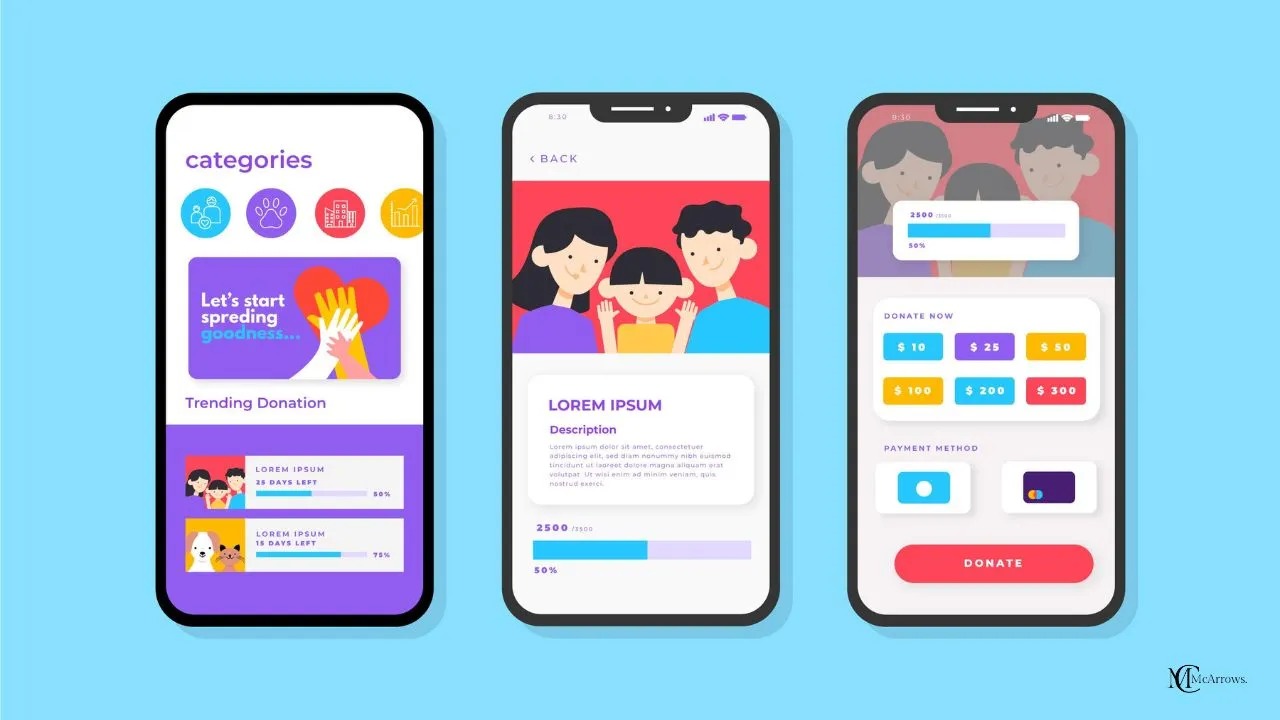In the rapidly growing mobile app industry, ensuring the quality and functionality of an app before its release is critical. Mobile app testing tools play a significant role in this process, allowing developers to identify and fix bugs, improve performance, and enhance user experience. In this article, we’ll explore five of the best mobile app testing tools that can help you deliver a flawless app to your users.
Table of Contents
1. Appium
Appium is one of the most popular open-source mobile app testing tools that supports both iOS and Android platforms. It allows testers to write tests in multiple programming languages like Java, JavaScript, Python, and Ruby.
Key Features:
- Cross-Platform Testing: Write tests for both iOS and Android with a single codebase.
- Multi-Language Support: Compatible with various programming languages.
- Integration with CI/CD: Seamlessly integrates with CI/CD tools for continuous testing.
- No Need to Recompile App: Tests can be run without recompiling or modifying the app.
Pros:
- Free and open-source.
- Large community support.
- Supports real devices, emulators, and simulators.
Cons:
- Initial setup can be complex.
- Performance issues with some specific use cases.
2. TestComplete
TestComplete is a powerful and versatile mobile app testing tool that supports the testing of both native and hybrid mobile applications. It provides a comprehensive set of features to automate functional UI tests for mobile apps.
Key Features:
- Scripted and Scriptless Testing: Offers both options to cater to testers with different skill levels.
- Real Device Testing: Test on a wide range of real devices and emulators.
- Automated UI Tests: Easily create automated tests without coding, or write custom scripts.
- Integration with CI Tools: Supports integration with tools like Jenkins for continuous testing.
Pros:
- Easy to use with a user-friendly interface.
- Supports multiple programming languages for writing tests.
- Strong reporting and analysis tools.
Cons:
- Expensive compared to other tools.
- Limited community support due to being a commercial tool.
3. Espresso
Espresso is a widely-used testing framework for Android applications, developed by Google. It is specifically designed for developers who want to write reliable and maintainable UI tests.
Key Features:
- Fast Execution: Optimized for quick execution of UI tests on Android apps.
- Simple API: Provides a straightforward and concise API for writing tests.
- Synchronization: Automatically syncs with UI elements, ensuring tests are run only when the app is idle.
- Integration with Android Studio: Seamlessly integrates with Android Studio for a smooth testing workflow.
Pros:
- Official support from Google.
- Fast and reliable testing framework.
- Suitable for both developers and testers.
Cons:
- Limited to Android applications.
- Requires familiarity with Java or Kotlin.
4. XCUITest
XCUITest is Apple’s official testing framework for iOS applications. It is a part of the XCTest framework and is used for automating UI tests on iOS apps.
Key Features:
- Native Integration: Fully integrated with Xcode, making it the best choice for iOS app testing.
- Swift and Objective-C Support: Allows writing tests in Swift or Objective-C.
- Real Device Testing: Supports testing on both simulators and real devices.
- Parallel Testing: Run tests on multiple devices simultaneously.
Pros:
- Officially supported by Apple.
- Easy to integrate into existing Xcode projects.
- Reliable for iOS-specific features.
Cons:
- Limited to iOS applications.
- Requires knowledge of Swift or Objective-C.
5. Kobiton
Kobiton is a cloud-based mobile app testing platform that allows testing on real devices in the cloud. It supports both manual and automated testing, making it a versatile tool for different testing needs.
Key Features:
- Real Device Cloud: Access to a wide range of real devices for testing.
- Manual and Automated Testing: Supports both types of testing for flexibility.
- Seamless CI/CD Integration: Easily integrates with CI/CD pipelines for continuous testing.
- Detailed Reporting: Provides detailed logs and video recordings of test sessions.
Pros:
- Extensive device coverage with real devices in the cloud.
- Supports both manual and automated testing.
- Easy to set up and use.
Cons:
- Can be expensive, depending on usage.
- Performance can vary based on internet speed.
Conclusion
Choosing the right mobile app testing tool depends on your specific needs, the platforms you’re targeting, and the complexity of your app. Appium, TestComplete, Espresso, XCUITest, and Kobiton are all excellent tools, each with its strengths and weaknesses. By selecting the appropriate tool, you can ensure that your mobile app meets the highest standards of quality before it reaches your users.
FAQs
Q1. What is the best mobile app testing tool for both iOS and Android?
Appium is widely regarded as the best tool for cross-platform testing on both iOS and Android.
Q2. Which tool is best for testing Android apps?
Espresso is a popular choice for Android app testing, offering fast execution and a simple API.
Q3. Can I use XCUITest for Android app testing?
No, XCUITest is exclusively for iOS app testing and is fully integrated with Xcode.
Q4. Is there a mobile app testing tool that offers real devices in the cloud?
Yes, Kobiton provides access to real devices in the cloud for both manual and automated testing.
Q5. What are the benefits of using TestComplete for mobile app testing?
TestComplete offers a user-friendly interface, supports multiple programming languages, and provides robust reporting and analysis tools.

CEO, McArrows
Leverages over seven years in tech to propel the company forward. An alumnus of Purdue and Amity, his expertise spans IT, healthcare, aviation, and more. Skilled in leading iOS and backend development teams, he drives McArrows’ technological advancements across diverse industries.








